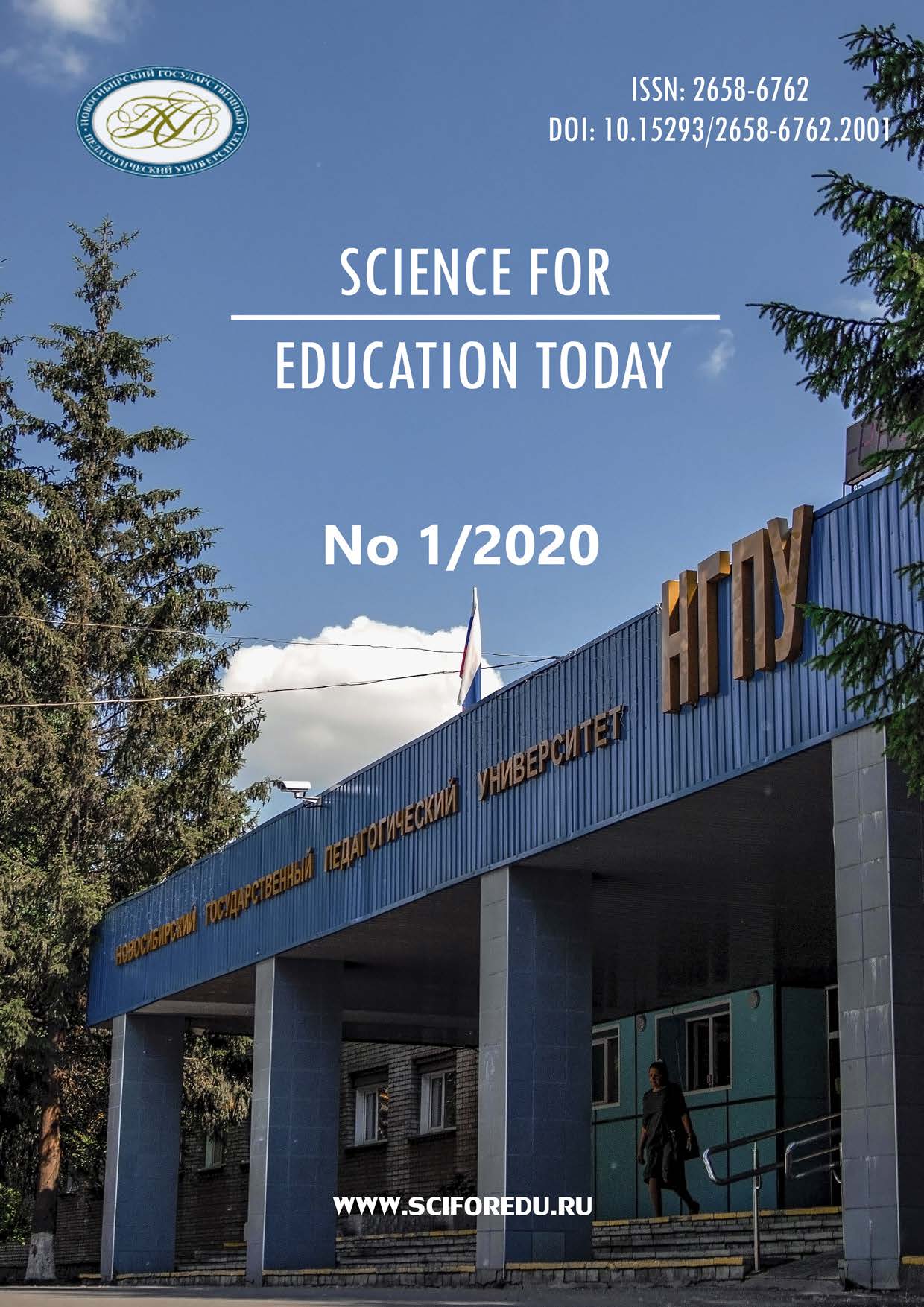Использование интерактивного электронного перевернутого обучения для улучшения критического чтения студентов
Using interactive e-based flipped learning to enhance EFL literature students’ critical reading
Author(s): Fatemeh Khonamri, Mahmoud Azizi, Roman KralikSubject(s): Foreign languages learning, Higher Education , Sociology of Education
Published by: Новосибирский государственный педагогический университет
Keywords: Interactive Learning; E-based Learning; Flipped Learning; Critical Reading;
Summary/Abstract: The purpose of the study is to examine the effect of interactive e-based flipped approach on fostering students’ critical reading and problem-solving skills. Materials and Methods. An analysis was carried out on the effect of a flipped learning approach to examine the changes in students’ critical reading ability and their perception towards it. A quasi-experimental pre-test-post-test design was used with 34 students attending a four-credit course of reading comprehension meeting for 4 hours per week for 14 weeks. Their responses when they were required to criticize a text beyond the setting of the classroom instruction, in a form of independent e-based reading activity was explored. Students’ responses were based on meaning negotiation and interaction through social networks. A critical reading test was selected from the SAT website based on students’ proficiency level which was identified through an OPT test at the beginning of the study. This test was used to investigate the changes, if any, occurring in students’ critical reading ability as a result of engaging in interactive e-based flipped learning model of learning. Additionally, negotiated interview was used to explore students’ perceptions toward this model of flipped learning. Results. Flipped learning has emerged as a unique approach which reverses the traditional in-class lecturing and the role of homework and classroom activities. Using Wen’s Output-driven/Input-enabled instructional model which is well embodied in flipped learning, the present study attempted to assist learners to develop their critical thinking skills through their engagement in interactive e-based activities. To this end, a pretest-posttest quasi-experimental design was used to investigate EFL literature students’ critical reading skills. From 34 students attending a reading course at the University of Mazandaran, 17 students were randomly assigned to the flipped learning approach and were engaged in extensive online written and verbal communication for developing their higher-level reading skills. The rest were involved in traditional extensive reading assignments. Results indicated that students in the e-based flipped learning outperformed their traditional approach counterparts in the critical reading test. A qualitative analysis of students’ perceptions revealed that these students participated actively outside the classroom in meaningful and collaborative written and oral activities via online networks which contributed to the development of their critical reading. Conclusions. The results showed some distinct benefits for EFL language instruction especially in the development of problem-solving skills and autonomy, which are important traits for surviving in this fast-pacing world.
Journal: Science for Education Today
- Issue Year: 10/2020
- Issue No: 1
- Page Range: 25-42
- Page Count: 18
- Language: English, Russian

